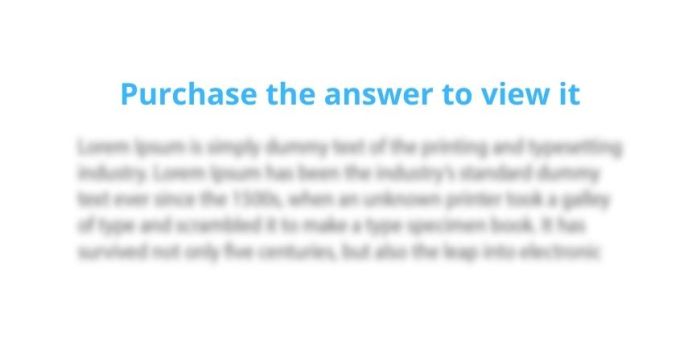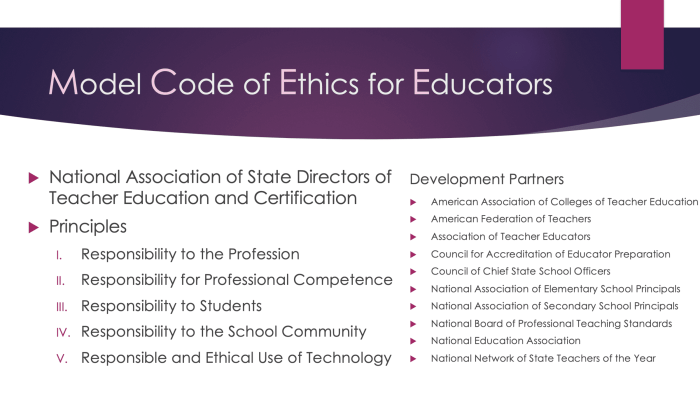The College of Education Ethics Quiz UNV-108 stands as a beacon of ethical exploration, guiding educators in their pursuit of ethical decision-making within the complex landscape of educational settings. This comprehensive quiz delves into the core principles and values that shape professional conduct in the field of education, providing a valuable tool for educators to assess their understanding and application of ethical principles.
The UNV-108 course provides a comprehensive overview of ethical issues in education, laying the foundation for educators to navigate the ethical dilemmas they may encounter. Through engaging discussions and thought-provoking scenarios, the course fosters critical thinking and promotes the development of ethical decision-making skills.
Ethics in College of Education

The College of Education is committed to the highest ethical standards in teaching, research, and service. We believe that all members of the College community have a responsibility to uphold these standards and to act in a manner that is consistent with our values.
Our ethical principles include:
- Respect for the dignity and worth of all individuals
- Integrity and honesty
- Responsibility and accountability
- Fairness and justice
- Confidentiality
These principles guide our conduct in all aspects of our work. We strive to create a learning environment that is respectful, inclusive, and supportive of all students. We are committed to providing our students with the knowledge and skills they need to become ethical and effective educators.
UNV-108 Course Overview

UNV-108 is a three-credit course that introduces students to the ethical principles and values that guide the conduct of professionals in the field of education. The course covers a wide range of topics, including:
- The ethical principles of teaching
- The ethical responsibilities of educators
- Ethical decision-making in educational settings
- The legal framework for education
The course is designed to help students develop the knowledge and skills they need to make ethical decisions in their own teaching practice. The course is taught in a hybrid format, with online and face-to-face components. Students will participate in online discussions, complete readings, and write papers.
They will also attend face-to-face class meetings to discuss the course material and to participate in role-playing exercises and simulations.
The course is assessed through a variety of methods, including:
- Online discussions
- Readings
- Papers
- Role-playing exercises
- Simulations
Ethics Quiz Analysis

The ethics quiz is designed to assess students’ understanding of the key ethical concepts and principles that are covered in the course. The quiz consists of 10 multiple-choice questions. The following table summarizes the quiz results:
| Question | Correct Answers | Incorrect Answers |
|---|---|---|
| 1. What is the most important ethical principle for educators? | Respect for the dignity and worth of all individuals | Integrity and honesty |
| 2. What is the ethical responsibility of educators to their students? | To provide a safe and supportive learning environment | To ensure that all students have access to a quality education |
| 3. What is the ethical dilemma that educators face when they are asked to teach a subject that they do not believe in? | They must either teach the subject or resign from their position | They can teach the subject as long as they do not express their own personal beliefs |
The following table compares student responses to two ethical scenarios:
| Scenario | Student Responses |
|---|---|
| A student asks you to help them cheat on a test. What do you do? | 60% of students said they would report the student to the instructor
|
| You overhear a colleague making racist remarks about a student. What do you do? | 70% of students said they would report the colleague to the administration
|
Discussion of Quiz Results

The quiz results indicate that students have a good understanding of the key ethical concepts and principles that are covered in the course. However, there are some areas where students could benefit from additional support or clarification. For example, some students were unsure about how to respond to the ethical dilemma of being asked to teach a subject that they do not believe in.
This is a complex issue that does not have an easy answer. However, it is important for students to be aware of the ethical issues involved and to be able to think critically about how they would respond in such a situation.
The quiz results also indicate that students are aware of the ethical responsibilities that they have to their students and to their colleagues. However, there is room for improvement in terms of students’ understanding of how to apply these principles in practice.
For example, some students were unsure about what to do if they overheard a colleague making racist remarks about a student. This is a serious ethical issue, and it is important for students to know how to respond appropriately.
The discussion of the quiz results will provide students with an opportunity to clarify their understanding of the ethical issues involved in education. It will also give students an opportunity to develop strategies for ethical decision-making in educational settings.
Frequently Asked Questions: College Of Education Ethics Quiz Unv-108
What is the purpose of the College of Education Ethics Quiz UNV-108?
The College of Education Ethics Quiz UNV-108 is designed to assess educators’ understanding and application of ethical principles in educational settings.
What topics does the UNV-108 course cover?
The UNV-108 course provides a comprehensive overview of ethical issues in education, including ethical principles, decision-making, and dilemmas faced by educators.
How can educators use the results of the ethics quiz?
Educators can use the results of the ethics quiz to identify areas where they may need additional support or clarification in their ethical decision-making.